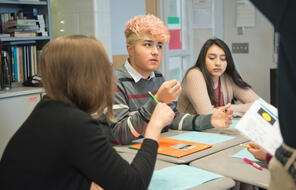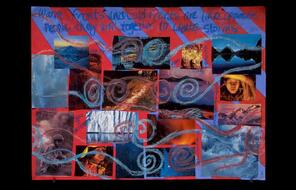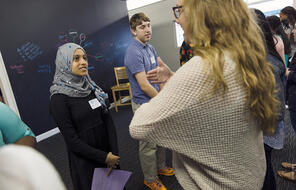Resource Library
Find compelling classroom resources, learn new teaching methods, meet standards, and make a difference in the lives of your students.
We are grateful to The Hammer Family Foundation for supporting the development of our on-demand learning and teaching resources.

Introducing Our US History Curriculum Collection
Draw from this flexible curriculum collection as you plan any middle or high school US history course. Featuring units, C3-style inquiries, and case studies, the collection will help you explore themes of democracy and freedom with your students throughout the year.
Head, Heart, Conscience
This strategy uses reflection prompts to help students consider a complex or emotional topic through the lenses of head, heart, and ethics.

Toolbox for Care
This teaching strategy invites students to think about the “tools” they have access to that can help them take care of themselves and their community in the wake of traumatic news.

Connecting the Past to the Present Using Oral History
This strategy helps students engage with oral histories in order to deepen their understanding of how past events impacted individuals and communities, and to gain new perspectives on the present.

Color, Symbol, Image
Invite students to nonverbally communicate something they have read or watched, using a color, a symbol, and an image.

Concentric Circles
This kinesthetic discussion activity invites students to be active listeners and speakers and to interact with a wide range of classmates.

Exit Tickets
Use exit tickets to assess students’ understanding, monitor their questions, or gather feedback on your teaching.
Fishbowl
Use the Fishbowl discussion strategy to help students practice being contributors and listeners in a group conversation.
Alphabet Brainstorm
This brainstorming exercise is a quick way to generate students’ thoughts, measure prior knowledge, or check learning.

Anticipation Guides
Get students thinking about the ideas and themes that they’ll encounter in a unit or a text.



